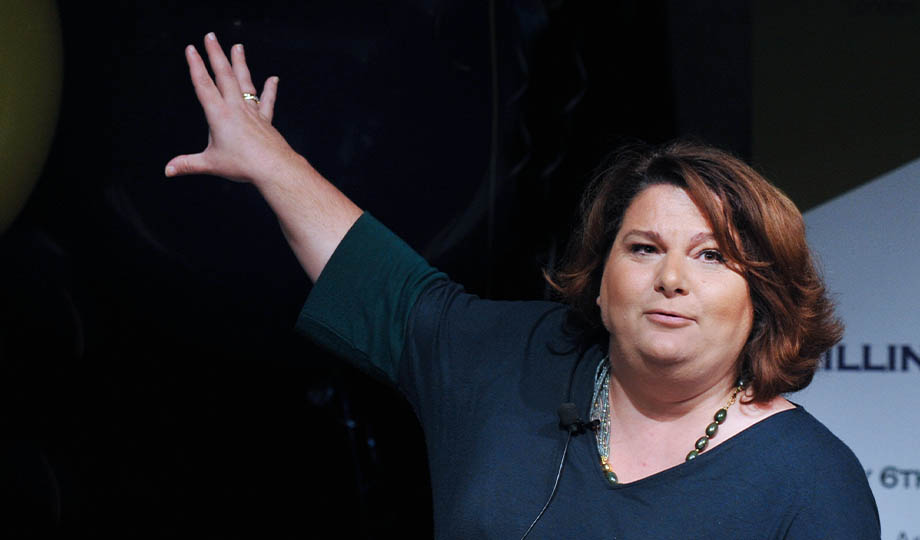Leading lawyer condemns FIFA and IOC for failing marginalised athletes
A hard-hitting new UN report has condemned states and global sports bodies, like FIFA and the IOC, for failing to protect marginalised athletes.
Presented at the UN General Assembly, the report by Professor Alexandra Xanthaki, UN Special Rapporteur for Cultural Rights, calls for urgent reforms to safeguard the rights of black female athletes, Muslim women, and transgender athletes.
“By shifting responsibility for human rights to sports to associations, states are neglecting their legal duty to ensure everyone’s right to participate,” Professor Xanthaki said.
“Structural discrimination in sports is pervasive. Immediate action is needed to protect the identity and well-being of all athletes, from grassroots to elite levels.”
The report highlights France’s controversial ban on Muslim women wearing the hijab in sports. Despite defending the policy as part of its secular approach, France has not addressed the discrimination that involves.
“France’s response is that this is about secularism,” said Xanthaki, “but that justification falls flat when it leads to outright discrimination against women.”
The report goes on to highlight how Black female athletes face double discrimination based on race and gender. Eniola Aluko, the former England football star and Brunel student, is praised for her courage to challenge such structures and campaigning for fairness.
Xanthaki praises the IOC for allowing Russian athletes to compete in the Olympics after her intervention and condemns blanket bans on transgender athletes by sports bodies like World Aquatics and World Athletics. Such bans clash with human rights principles, the report says.
Prof Xanthaki hopes the report will push UN member states to review their policies and practices. “States seem reluctant to take positive action and are happy to leave these issues to sports bodies,” she said. “I hope they will be open about the abuses, provide trauma-appropriate redress for abuses, and limit the so-called ‘autonomy of sport’ when it comes to human rights.”
The report challenges FIFA, the IOC, and other governing bodies to recognize that sports autonomy should not shield them from accountability.

Brunel's Professor Alexandra Xanthaki is a world-leading expert on international human rights
“‘Neutrality’ in sports is irrelevant when it comes to human rights issues and campaigns,” Xanthaki asserted. “Double standards in handling these issues are rampant in elite sports.”
Recommendations in the report call for public campaigns to promote equality in sports, the review of policies to ensure non-discrimination, the effective participation of athletes and persons involved in all relevant processes and clear channels for redress.
“Now is the time for a major reset in sports,” she concluded. “Let’s stop hiding behind sports associations and push States to ensure that the right to participate in sports is available for all.”